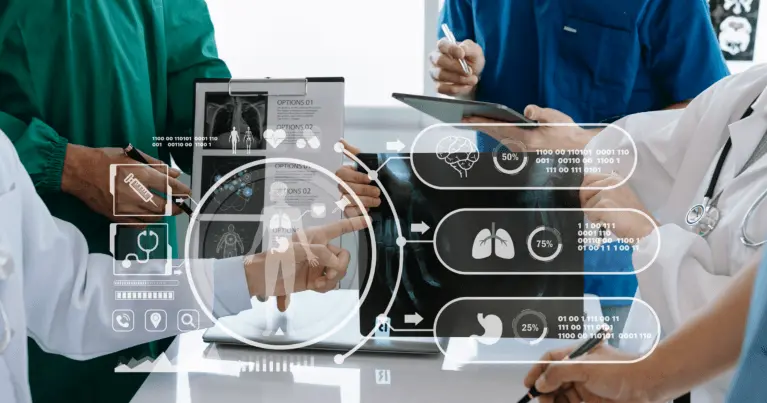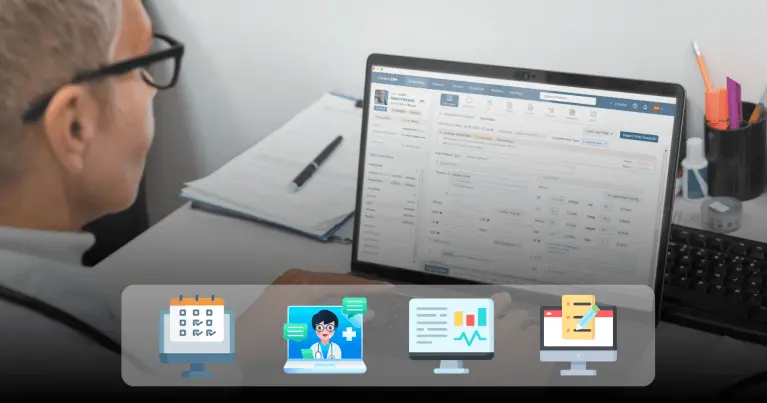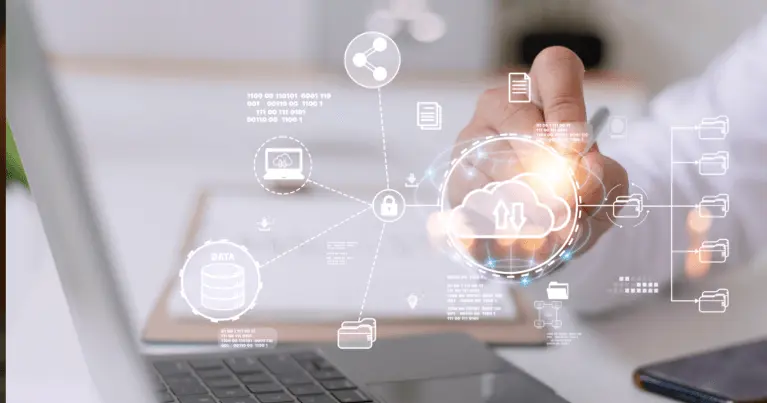Software Testing Services
Our Software Testing Services are designed to meet every business's needs. We employ an end-to-end ecosystem approach with intelligent and automated QA processes to gain quality and speed. Our QA services experts have in-depth knowledge of the latest testing trends, tools, and techniques. We support testing large-scale, distributed, component-based, multi-tier applications.
Manual Testing Services
We have a well-defined Quality Assurance process to eliminate errors, bugs, and defects in the SDLC. Our test engineers have ISTQB certification and have tested IT projects of all degrees of complexity. Manual testing services are already included as part of custom application development. However, manual testing consulting can be purchased separately.
Automation Software Testing
Our automation testing services encompass the execution of comprehensive testing cycles, incorporating appropriate automation tools, and establishing a test environment. Additionally, we assist in automating UI processes through our skilled engineers, employing reliable test automation tools to evaluate performance. By doing so, we aid businesses in enhancing their release speed, expanding regression testing scope, and identifying defects before production.
Mobile App Testing
We offer mobile app testing services of all shapes and sizes, helping millions of individuals improve their user experience. We perform manual and automated testing on mobile application tools like Appium. All our QA testing services are adaptable, and we tailor our testing approach to your specific requirements. Get more information about our mobile application security testing services.
Digital Performance Testing
In today's era, a bug-free application doesn't mean it is a good application. Application performance, like its response time, reliability, resource usage, and scalability, matter. In today's competitive world, we support our customers to eliminate performance bottlenecks by performing digital performance testing. Performance engineers will use various performance testing and monitoring tools to enhance the application's performance.
Test Automation Strategy Development
Define the automation scope. Decide on the levels of testing to employ, testing tools, and test automation architecture that will bring maximum ROI. Plan test data preparation, test design, development, test maintenance, integration of test automation into CI/CD, etc. It helps to align the test automation strategy to the application development and business strategies.
Automated UI Testing (using Selenium, Appium)
We strategize test cases, script creation, and script maintenance for dependable automated checks on new features and regression testing through the user interface (UI). With applications evolving swiftly, 70% of companies require assistance in selenium-based automated testing. Our test architects develop an agile test architecture enabling improved test reusability and maintenance, even for occasional UI layout and functionality alterations. Our test automation engineers build reusable, application-specific libraries at a higher level, reducing testing duration and expenses.
CI/CD Pipeline implementation (Gitlab, Jenkins)
We design and implement the continuous integrated CI/CD pipeline and automatically run continuous tests after every change in your software. It helps you deliver new app features even more quickly and efficiently without compromising software quality.
Software Testing Types
There are two types of Software Testing: Functional and Non-functional Testing.
Functional Testing
Functional testing is a type of testing that seeks to establish whether each application feature performs as per the project's specifications. Functional testing is involved with functional specifications or business needs. This testing is crucial for determining the quality and functioning of the program. Each function's output is compared to the relevant condition to see whether it meets the end user's expectations.
Non-Functional Testing
Non-Functional testing is concerned with the application's performance. Non-functional testing is just as vital as functional testing. Functional testing is essential because no one wants to use an application that isn't scalable or secure or can't manage many DB transactions simultaneously. As a result, during Non-Functional testing, the application's performance in several areas is evaluated.
Functional Testing Includes
1. Unit Testing
The developer frequently tests the most basic unit of an application to check that a minor testable code is working correctly. A White Box testing approach appears at the bottom of the V-Model, indicating that it is the initial software testing performed in SDLC.
2. Integration Testing
When two or more software components or units are integrated, they must communicate through instructions, data exchange, or DB calls. Integration testing is conducted on them as a single cluster to ensure the intended interaction occurs.
3. Interface Testing
The accuracy of data interchange or transfer between two components is tested in Interface testing, which falls under Integration testing.
4. System Testing
System testing combines the application's components and the entire system as a single entity.
5. Regression Testing
The code is adjusted whenever there are code repairs or feature enhancements. Regression testing ensures that the code modifications have not introduced any new problems. At the same time, the previously working functionality is still intact and functional.
6. Smoke Testing
When developers deploy an application, the testing team does Smoke testing to ensure that all end-to-end features are operating. If a fresh build breaks any key functionality, the build is rejected and resent to developers. It is done to confirm that the new code modifications have not damaged any vital function.
7. Sanity Testing
It is often a subset of Regression tests. It is done whenever a new build of a stable application is delivered. After passing the Sanity test suite, the build is advanced to the next testing step.
Non-Functional Testing Includes
1. Performance Testing
The application's performance is evaluated when it is subjected to real-world settings. Performance characteristics like response time, scalability, stability, and resource utilization efficiency are monitored. Hence, it is beneficial in determining when the application would decline. It will enhance the application design or architecture to assure dependability and fast response time.
2. Stress Testing
Stress testing involves subjecting the application to abnormal situations that would not occur under standard settings. The application's load is escalated to the point where it fails, and its behavior is recorded.
This testing addresses the following topics: How does the system perform under stressful conditions? Will it be able to recover if it crashes? And restart?
3. Volume Testing
Volume testing determines how well the system performs when the database handles a significant volume of data or data processes. Is the database capable of storing and processing large amounts of data? Will there be a problem as a result of the massive data volume?
4. Load Testing
Load testing examines the application's performance under predicted load in the real world. The application is subjected to all potential loads, and its performance is evaluated.
5. Security Testing
The application's security is examined from the network, data, system, and application standpoints. Any individual who is not authorized should not be able to access the application or any private data. This testing assures the application's dependability and credibility among customers. Security testing is a form of penetration testing.
6. Scalability Testing
Will the architecture and design allow the application to be scalable in the future? For example, will our program allow us to add servers and have more database transactions? Will it increase user traffic in the future? All these are tested as part of the application's scalability testing.
7. Usability Testing
Concerns about the system's usability from the standpoint of the user. Is the user able to utilize the application without assistance? Can the user remember the application the next time he sees it without assistance or problem? How effectively can a user utilize the system? All of these questions are addressed through usability testing.
8. Maintenance Testing
Maintainability testing is vital since designing an application is one thing, and maintaining the application for possible upgrades is another. Maintainability testing examines how effectively the application accommodates modifications and updates to the code or system.
9. Compatibility Testing
The application's compatibility with various operating systems, browsers, hardware, network capacity, devices, and so on is checked. The application should function successfully in the customer's prioritized environments.
Do you want to battle-test your software with our Quality Engineering team?
Industries Our Quality Assurance Team Expert In
We work in a particular domain, and we are experts in it. We have solid expertise in Software Regulation Standards Like HIPAA, PCI/DSS, GDPR, OWASP, and ISO:9001.

Healthcare
Development of HIPAA-Compliant EHR, EMR, Telehealth platform & Practice Management System (PMS). Have Experience in FHIR, HL7, SMART on FHIR, CCDA, and Integration expertise in third-party EHR solutions.

Retail & E-Commerce
End to End-tailored ERP System for Retail & e-Commerce, Supply chain & Inventory Management Systems. We developed POS Applications, PLM, EDI, Shop Floor Control, B2B e-Commerce, and Omnichannel Commerce.

Software & Hi-Tech
We develop innovative and creative next-generation custom software as per requirements. We partner with ISVs for technology consulting, core engineering, and full-scale integration capabilities.
Software Testing Technologies & Frameworks We are Experts In
Scripting Languages
Java, Kotlin, Python, WebdriverJS, C#.
Test Automation Frameworks
Page Object Model, Keyword-driven, Data-Driven, Page Factory, Hybrid, MarketPlace Automation Framework, Robot.
Test Automation Libraries
Selenium-Webdriver, Appium, Espresso, XCUI.
Automated Test Execution
Selenium Grid, BrowserStack, SauceLabs, Amazon Device Farm.
Load/Performance Tests
Jmeter, Taurus, Blazemeter, Load Runner.
Test Management
Atlassian Jira, Google Sheets, Zephyr, Rally, TestRail.
Defect Management
Jira, Trello, Github, GitLab, Redmine, TFS, Asana, BugHerd.
Test Types
Smoke testing, Matrix testing, Positive testing, Functionality testing, Link testing, Form testing, Cookies testing, HTML & CSS testing, Workflow testing, Usability testing, Web Interface testing, Application interface testing, Website server response testing, Database integration testing, Database testing, Compatibility testing, Performance testing, Web Application Security testing, Crowd testing.
Scripting Languages
-
Java
-
 Kotlin
Kotlin -
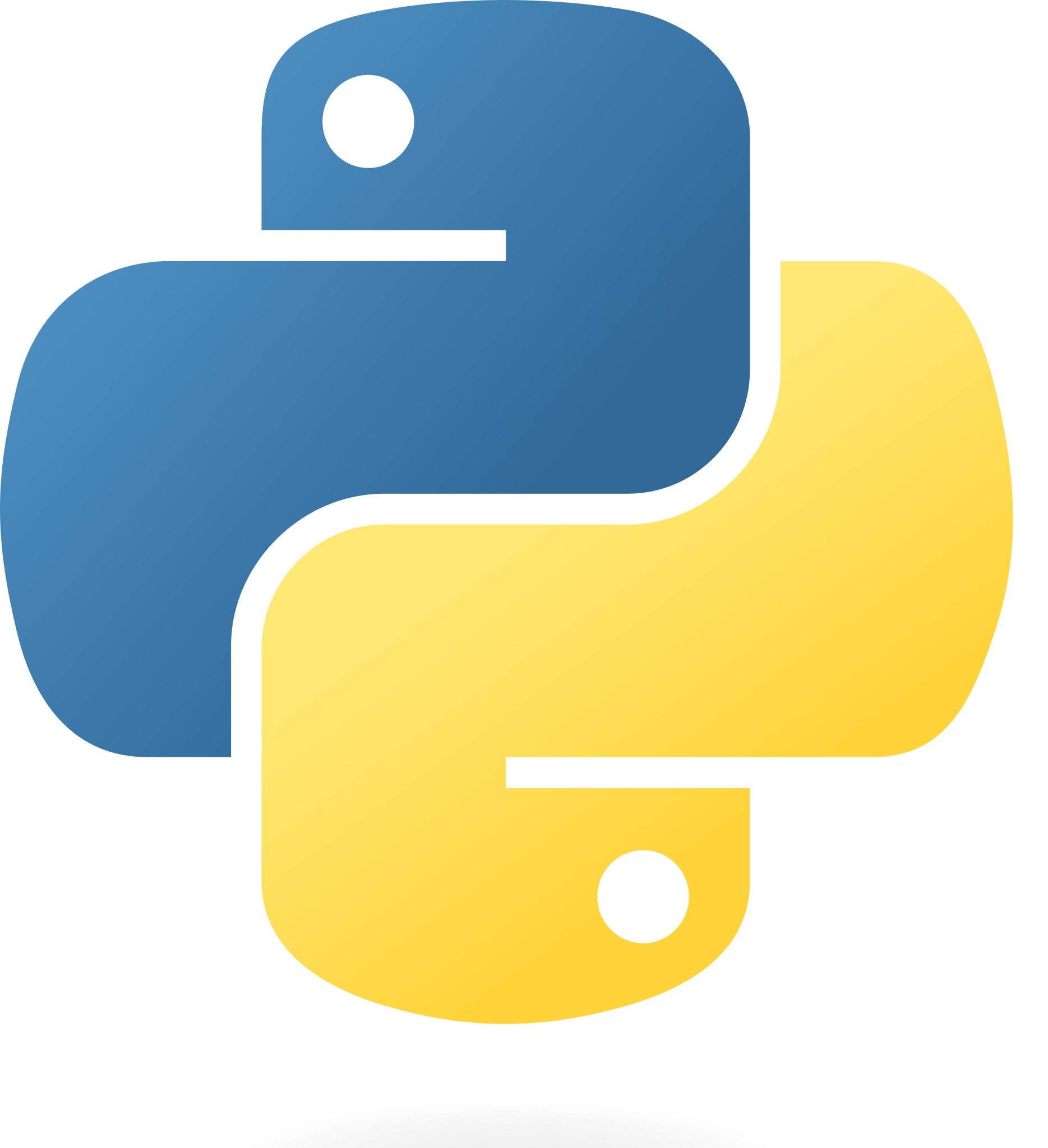 Python
Python -
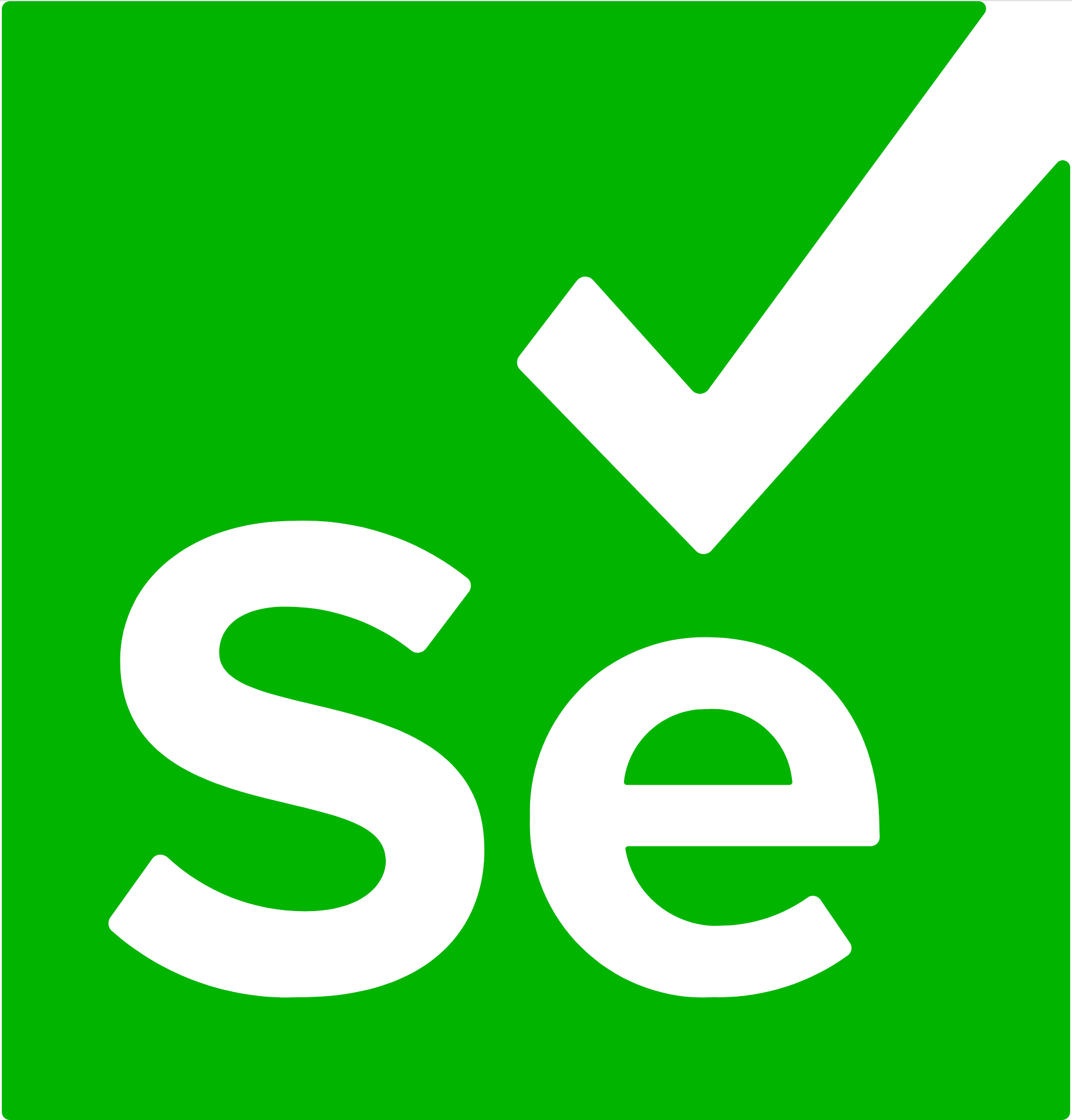 WebdriverJS
WebdriverJS -
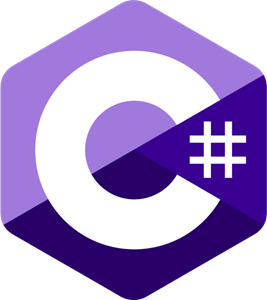 C#
C#
Test Automation Libraries
-
 Selenium... Selenium-Webdriver
Selenium... Selenium-Webdriver -
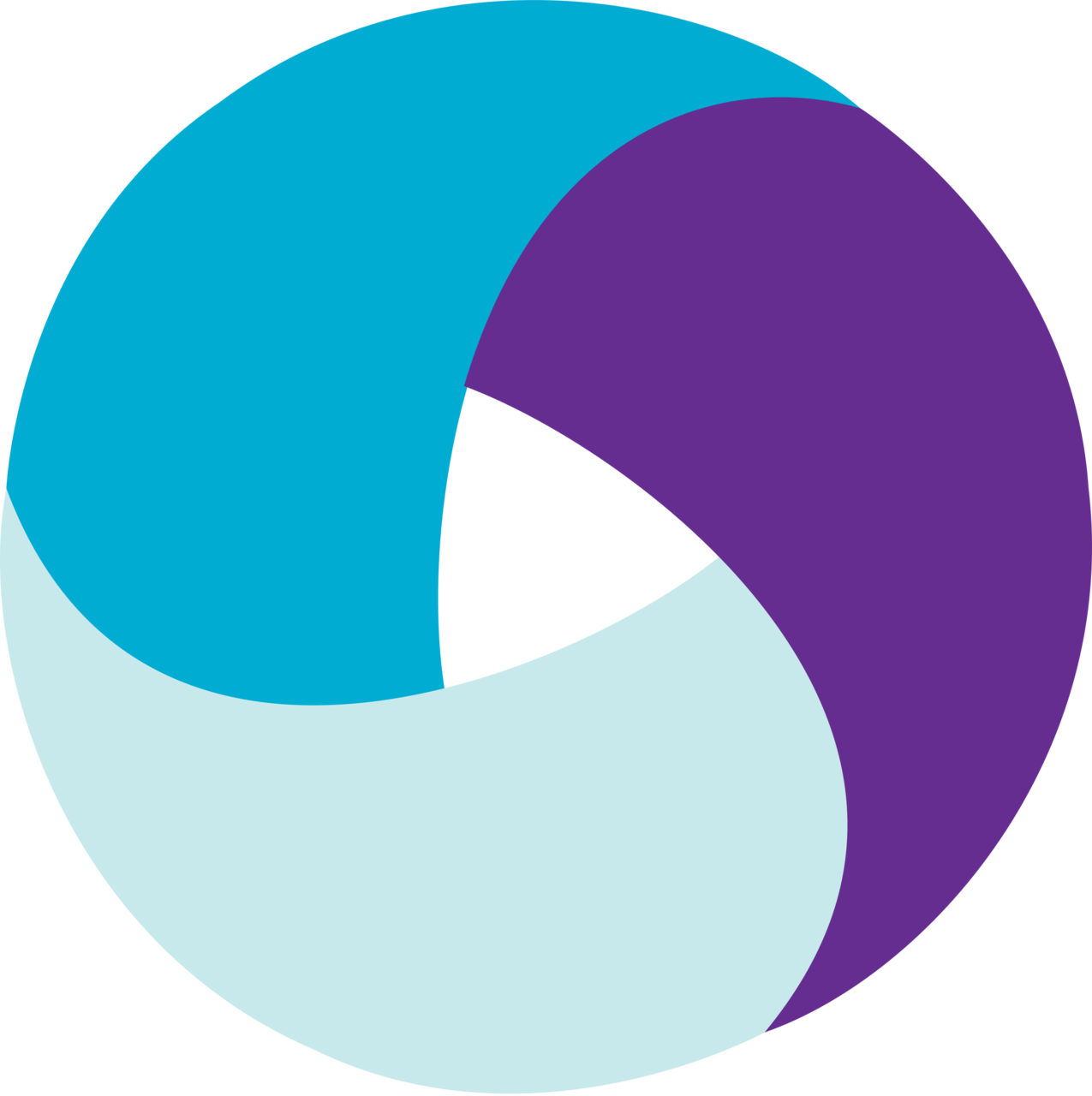 Appium
Appium -
 Espresso
Espresso -
 XCUI
XCUI
Load/Performance Tests
-
Jmeter
-
 Taurus
Taurus -
 Blazemeter
Blazemeter -
 Load Runner
Load Runner
Defect Management
-
 Jira
Jira -
 Trello
Trello -
 Github
Github -
 GitLab
GitLab -
 Redmine
Redmine -
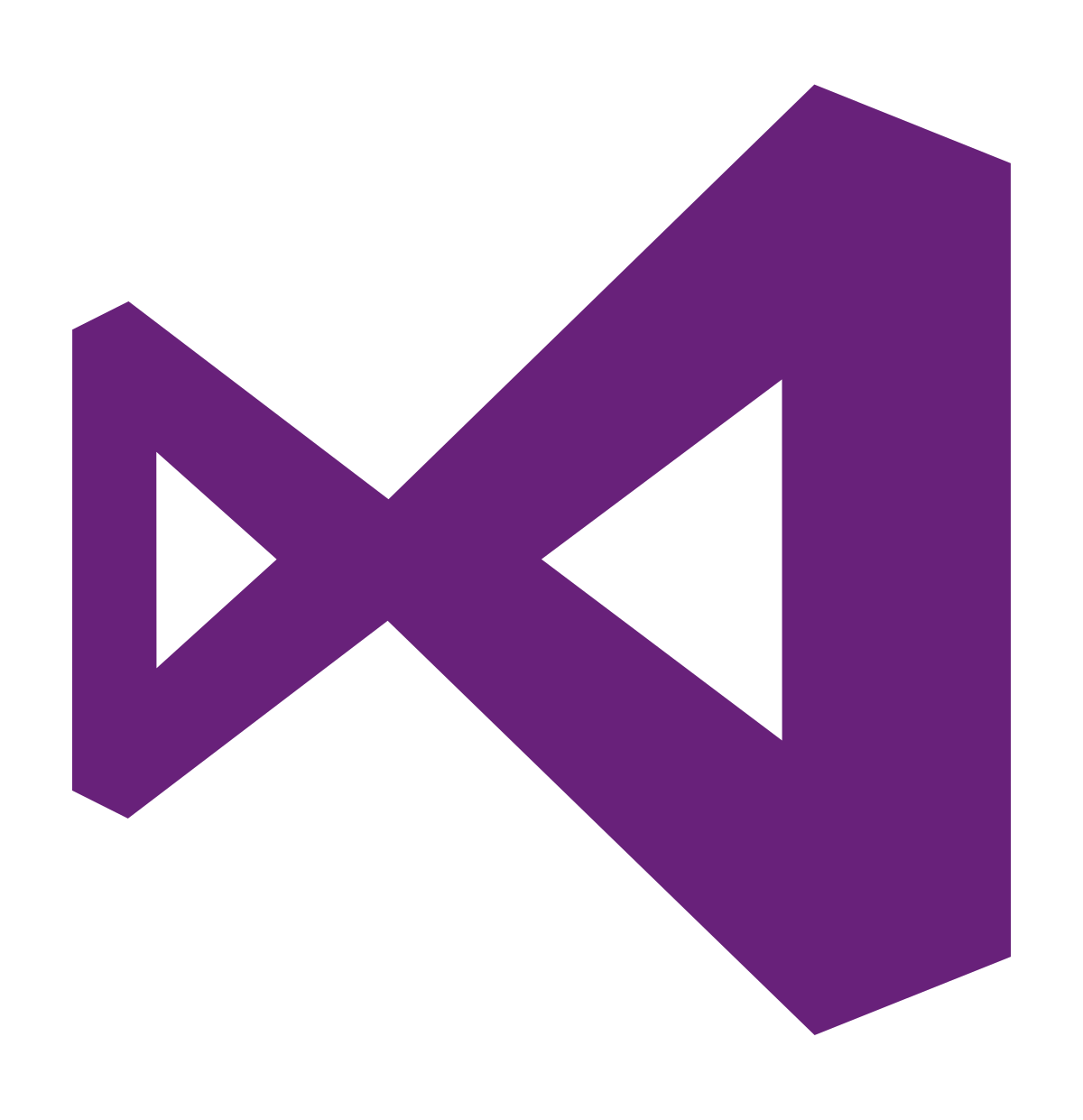 TFS
TFS -
 Asana
Asana -
 BugHerd
BugHerd
Java Technologies
-
 Page... Page Object Model
Page... Page Object Model -
 Keyword-driven
Keyword-driven -
 Data-Driven
Data-Driven -
 Page Factory
Page Factory -
 Hybrid
Hybrid -
 MarketPlace... MarketPlace Automation Framework
MarketPlace... MarketPlace Automation Framework -
 Robot
Robot
Automated Test Execution
-
 Selenium Grid
Selenium Grid -
 BrowserStack
BrowserStack -
 SauceLabs
SauceLabs -
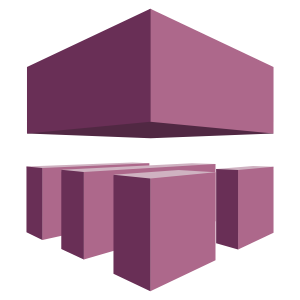 Amazon... Amazon Device Farm
Amazon... Amazon Device Farm
Test Management
-
 Atlassian Jira
Atlassian Jira -
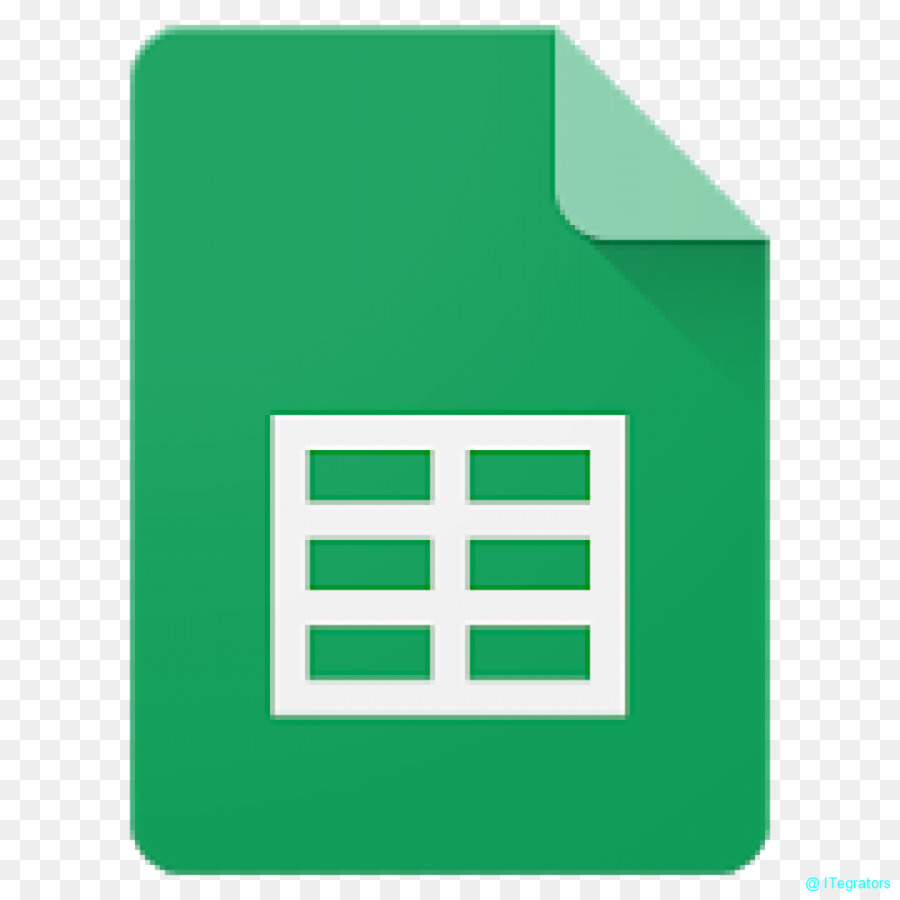 Google Sheets
Google Sheets -
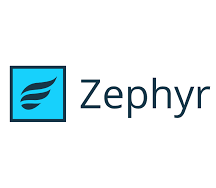 Zephyr
Zephyr -
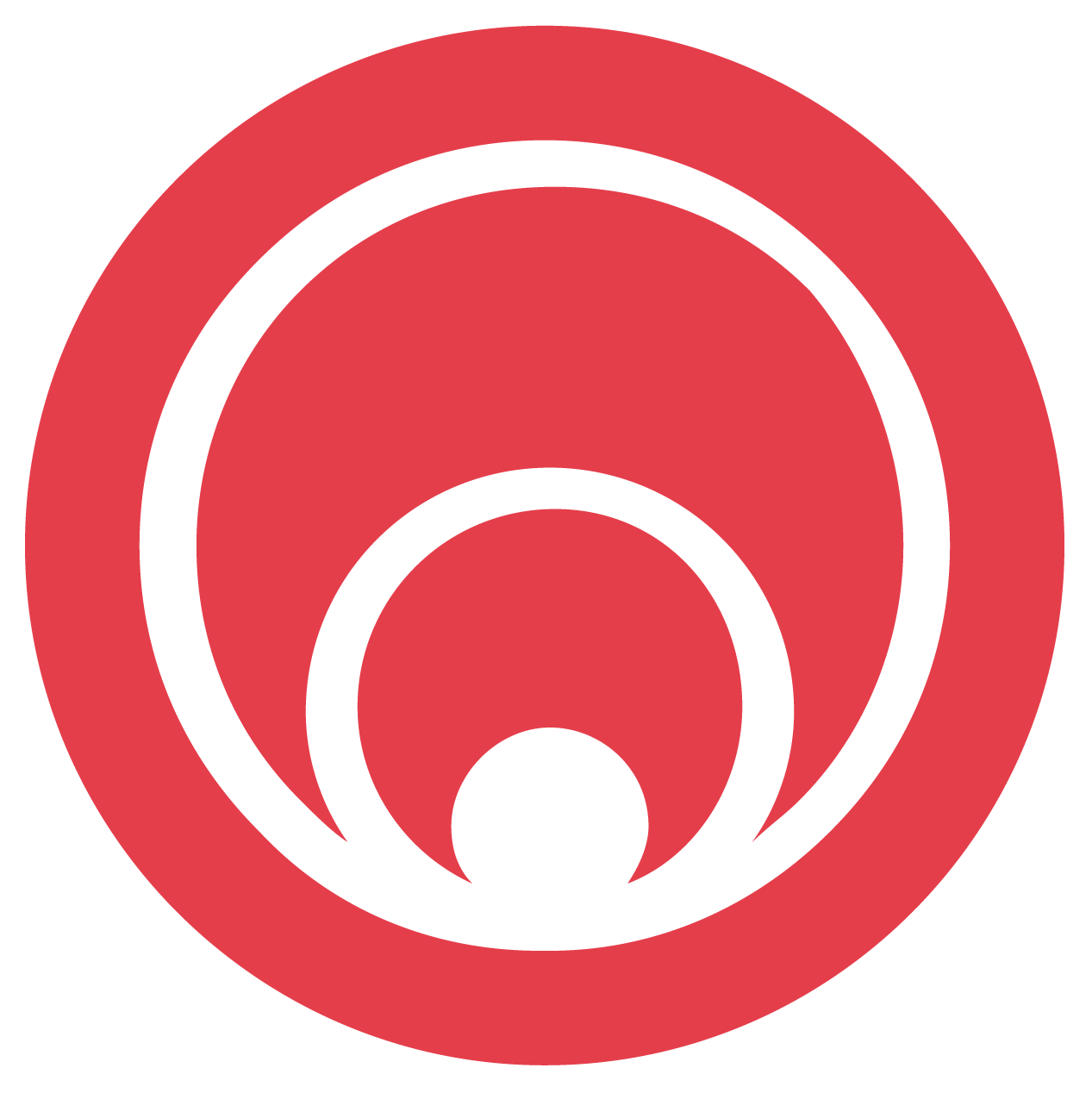 Rally
Rally -
 TestRail
TestRail
Test Types
Smoke testing, Matrix testing, Positive testing, Functionality testing, Link testing, Form testing, Cookies testing, HTML & CSS testing, Workflow testing, Usability testing, Web Interface testing, Application interface testing, Website server response testing, Database integration testing, Database testing, Compatibility testing, Performance testing, Web Application Security testing, Crowd testing.
Software Testing Process
The software development team at Thinkitive takes a deliberate approach to complete each software testing process for our valuable customers. We employ a variety of operating models, and we let the client select the one that best suits their company.
Development Plan
Before developing a Verification, Validation, and Testing Plan to assess the established software solution, testers question the completeness and accuracy of the event plan. Testers evaluate the number of resources required to test the developed software.
Develop Test Plan
Forming a testing strategy will follow the same pattern as any other software planning process. The framework of all the testing plans is the same, but the content will vary according to the level of risk testers see.
Test Software Requirements
Only complete, accurate, and compatible requirements cause most software failures. The inability to obtain requirements properly during the requirements collecting phase may raise implementation costs. Testers must ensure that requirements are correct and thorough and are consistent with one another through verification.
Test Software Design
This stage primarily uses verification techniques to evaluate the external and internal design. The testers are concerned that the planning will meet the desired goals. Ensuring the design will be effective and efficient on the defined hardware.
Build Phase Testing
The process used to generate software from an internal design document will define the number and kind of testers required. This phase will need less testing as the construction becomes more automated. However, if the software is developed using the waterfall technique, it is prone to mistakes and must be checked.
Execute
It means testing code in constant motion. These methods confirm the executable code, which matches the specified software requirements and hence the structural specifications of the design.
Acceptance Test
Acceptance testing allows users to assess the suitability and utility of software in carrying out their day-to-day work responsibilities. This compares what the user feels software should do to what the stated requirements specify software should accomplish.
Report Test Results
Reporting test results is an ongoing task. It might be either verbal or written. Bugs are reported to the appropriate parties as soon as possible to make fixes at the lowest possible cost.
Software Installation
After the test team clarifies that the software is ready for production, testers test the software in a production environment. This test examines how operating software, linked software, and operating processes interact.
Test Software Changes
The test strategy must change when requirements change, and the effect on software systems must be tested and evaluated.
Evaluate test effectiveness
Testing improvement can best be achieved by evaluating effectiveness at the top of every software test assignment. While testers primarily perform this assessment, it involves developers, software users, and quality assurance professionals.
Do you want to battle-test your software with our Quality Engineering team?
Why Thinkitive is The Best Software and QA Testing Services Company?
Thinkitive has delivered end-to-end QA services to organizations for over 9+ years. We are a top software testing company with 200+ QA specialists onboard to ensure that your futuristic apps provide a smooth user experience. We have a proven track record of successful projects delivered within the project timeline.
Choose an Engagement Model for Hiring Software Tester
Time & Material Model
This model suits projects where requirements continually evolve or must be clarified. You must provide the project's initial scope; then, we can create a phase planning base. You can change requirements based on the fact that we can update milestones. You will be paying for the amount of work done.
Dedicated Team
This model is used for engagement, where you must extend the team with remote resources. You will need to provide all the necessary skills required for resources. We provide the best matching resources profile based on requirements. We allow clients to take interviews based on requirements or a two-week trial period to check resource skillsets & expertise. Payment will be based on an hourly basis.
Fixed Price Model
This model is suitable for projects where the scope is straightforward and, most importantly, fixed. Fixed price engagement doesn't allow you to make changes in scope. You will need to provide the project's initial scope; then, we can create a phase planning base on it—this engagement we recommend only for small projects.
Frequently Ask Questions
There are several reasons why you should consider choosing Thinkitive for software QA services:
- We have onboard 40+ skilled and experienced QA professionals who deeply understand software testing methodologies and best practices.
- We offer a wide range of QA testing services, including functional testing, performance testing, security testing, and more, ensuring thorough coverage of your software testing needs.
- Software testers at Thinkitive have industry-specific knowledge allowing them to understand your software's unique challenges and requirements and provide custom testing solutions.
- Software testers at Thinkitive have industry-specific knowledge allowing them to understand your software's unique challenges and requirements and provide custom testing solutions.
- We have a proven track record of successful projects and satisfied clients, demonstrating their ability to deliver high-quality software quality assurance services and meet customer requirements.
- We offer competitive pricing models that provide value for your investment in software QA services, delivering cost-effective solutions without compromising quality.
- We utilize agile methodologies and adapt to your project's needs, ensuring quick response times, flexibility, and seamless integration with your development processes.
- We emphasize effective communication and collaboration, keeping you informed throughout the testing process and working closely with your team to address any issues or concerns.
- Our software testers utilize state-of-the-art testing tools and technologies to streamline the testing process, increase efficiency, and deliver accurate and reliable results.
- We have a reputation for meeting project deadlines and delivering results on time, allowing you to adhere to your software development schedule.
Overall Thinkitive is the leading software testing company in India and can be the one-stop solution for all your business software needs.
